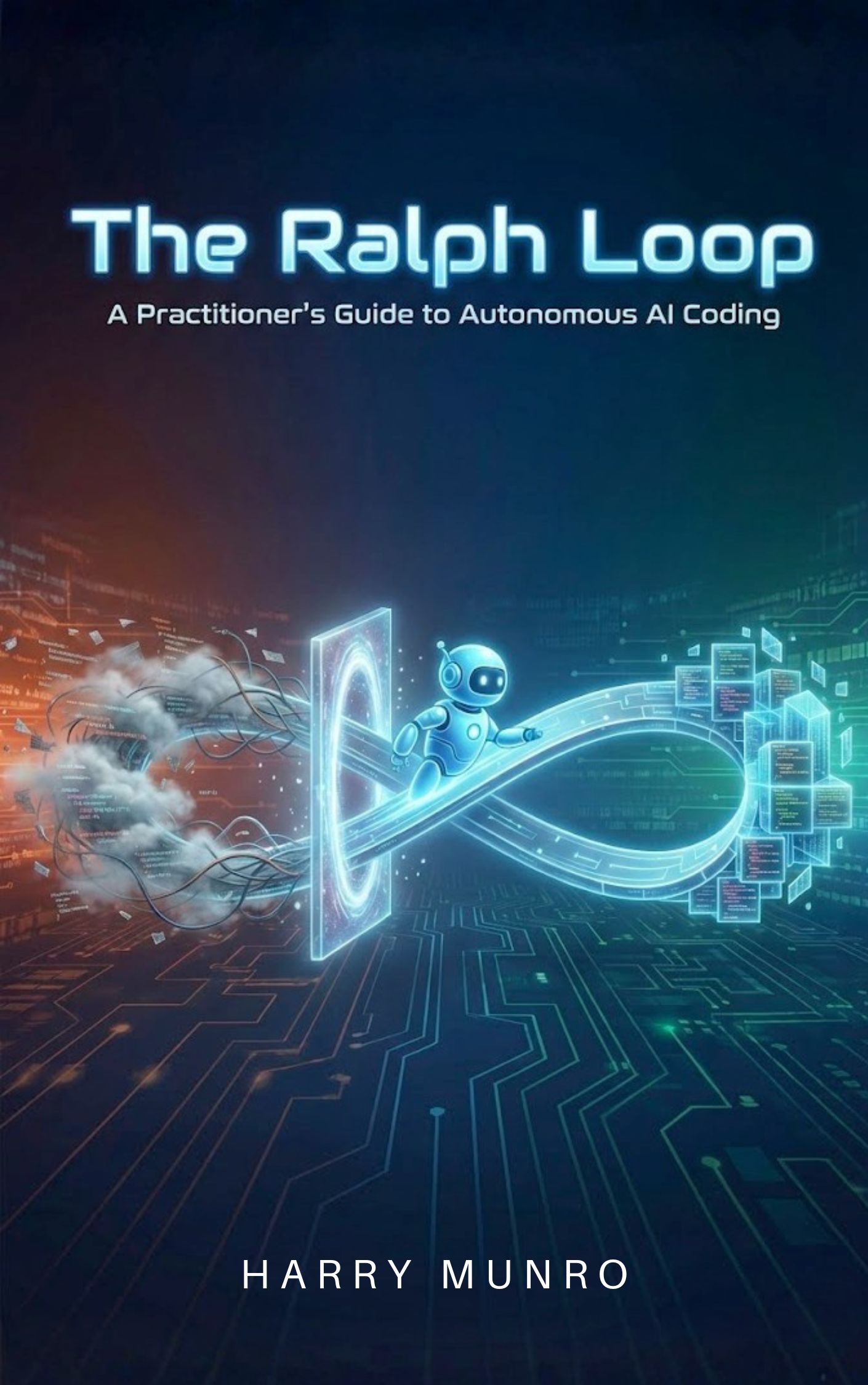Build Simulations That
Change Decisions
Stop guessing. Start modelling. Learn to build powerful discrete-event simulations in Python and SimPy; the same techniques used by engineers and analysts at leading organisations worldwide.
Your Simulation Software Is Holding You Back
Expensive licences. Opaque algorithms. Models you can't version, test, or integrate with your data pipeline. There's a better way.
Python and SimPy give you complete transparency, total flexibility, and zero licensing costs. You write the logic. You own the code. You understand every line. Here, you'll gain the skills to build custom models that answer the questions your off-the-shelf software never could.
Start Where You Are
New to Python? Curious about simulation? Ready to build production-grade models? Pick the resource that matches your ambition.
The Simulation Bootcamp
The complete system for mastering SimPy. Build models that optimise queues, capacity and resources.
See the Curriculum10-Day Python Bootcamp
No Python experience? No problem. Build a solid foundation in 10 days. Rated 4.6/5 by over 8,000 students.
Get StartedData Science Mastery
From pandas to machine learning. Turn raw data into insight with Python's most powerful libraries.
Explore TopicsFree Masterclass
See what's possible in 60 minutes. A free introduction to discrete-event simulation in Python.
Watch FreeThe SimPy Handbook
Clear explanations, working code, and practical patterns. Your reference guide to SimPy.
Download FreeVibe Modelling
Build simulations with AI as your co-pilot. Describe what you need; let the machine write the code.
Learn More
